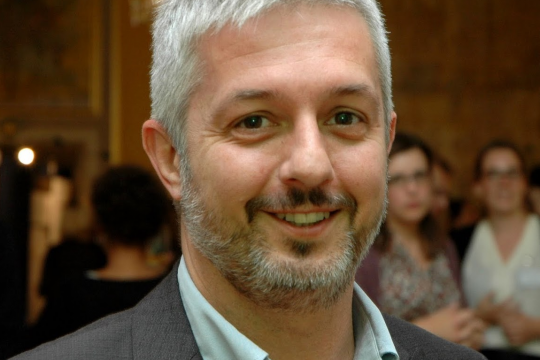Early experience and plasticity of the
action-observation brain network in primate development
Human infants’ capacity to engage in social interactions is fundamental to their psychological development, and includes the perception and appropriate expression of social cues, as well as the capacity to modulate the intensity and timing of facial expressions during face-to-face interactions. Newborns. Studies in other primates have demonstrated that similar dynamics exists in other, closely related, species. Macaque mothers for examples exaggerate their gestures to signal positive intentions to their infants and to promote social and cognitive development. Infant macaques respond to these social signals provided by the mothers. In these years we investigated the infant macaque’s capacity to respond to the mother through neonatal imitation and have found that these early forms of matching behaviors are important in tuning mother-infant emotional exchanges. We also found that perturbations of these early experiences lead to detrimental changes in neural activity of specific brain networks involved in social perception and motor control.
In particular, we accumulated evidence that specific brain networks are particularly relevant to process social behaviors and are therefore a potential marker to track brain development under normal and perturbed social conditions. The discovery of mirror neurons in the adult macaque brain and the homolog system in humans showed that specific parietal-premotor circuits are key for some fundamental functions in social and cognitive domains. Mirror neurons are part of a larger action-observation cortical network that is active during social interactions and depend of action-related systems. The fact that the motor system plays a fundamental role in processing others’ behavior and emotions, as well as in imitation, have important implications to understand how early sensorimotor and affective experience influence brain development and plasticity. In this talk I will illustrate the development of the mirror system and how it operates under different rearing conditions and social experiences. I will also elucidate more recent findings about the possible modulatory role of oxytocin on the mirror neuron system. In the last part of my talk I will elaborate on the plasticity of the motor system within the perspective of early interventions and neurorehabilitation.
Institut des Sciences Cognitives
UMR 5229, CNRS
Université de Lyon 1, Bron, France
Invité par Dr Françoise MUSCATELLI
Salle de conférence INMED le mercredi 25 janvier 2017 à 14h

